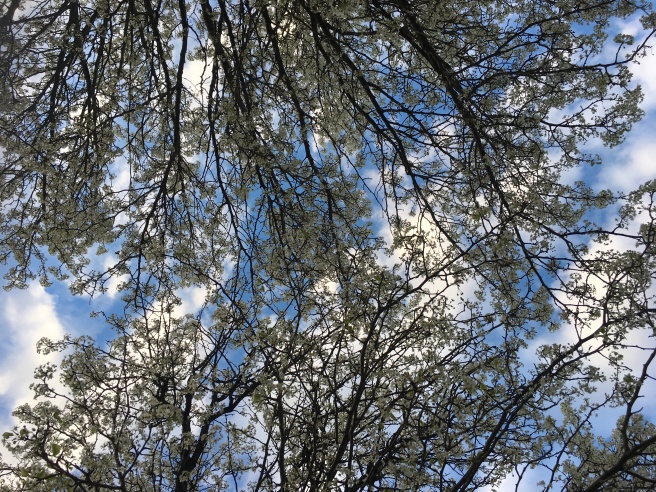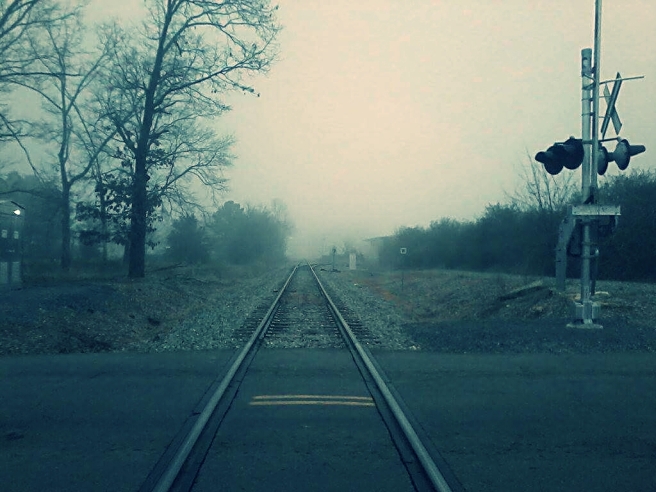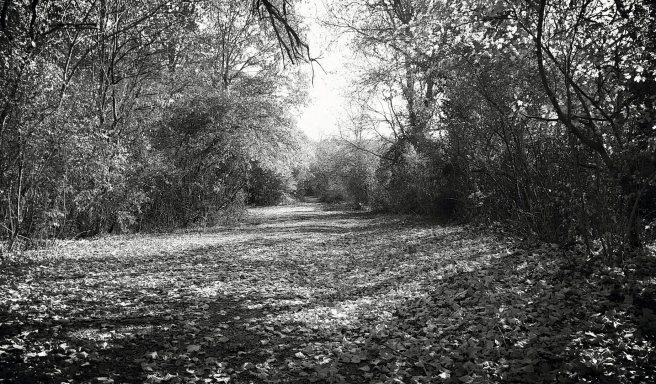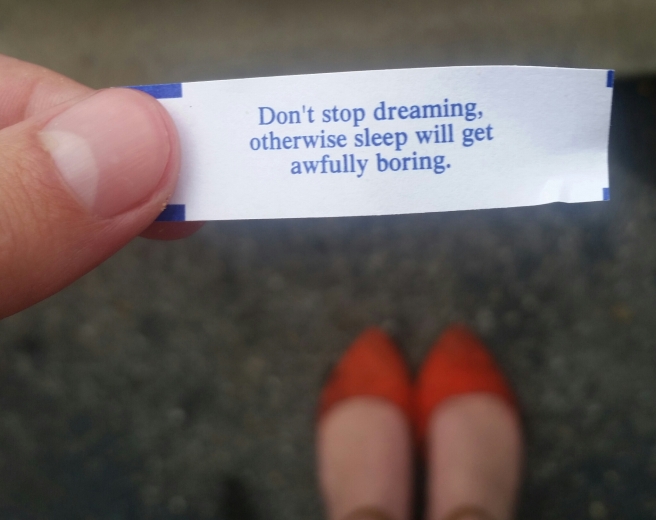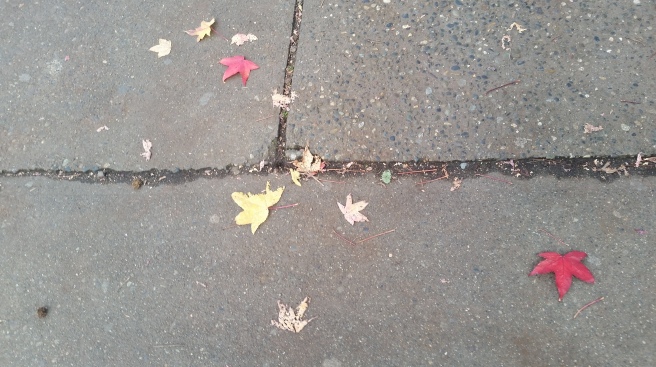
Laughter and conversations surround me, but I strongly sense it is safe to pitch in only to the conversations in my own head. Why do I feel like a passing stranger among people I’ve known for almost two decades? Why can’t I find a single word to say to those whose first language is same as mine? And what is the name of the string that keeps me tied to my roots like a helium inflated balloon yearning futilely to float away into the clear of the sky?
I rise to the hum of dinner conversations and make my way to the front corner of the room where a festive array of coffees and teas beckon me. That’s the only place in this entire building I feel like I belong in. But I don’t get there in time. A line forms in front of me. I take my place behind a wide-shouldered tuxedo and resolve to wait.
I look lazily toward the wedding stage. My brother sits in the center of the long table, leaning towards my now sister-in-law. He looks up only when the reception director calls for the parents of the parties up to the stage. My father walks up to the stage. The director hands him the microphone. My father deliberates for a few seconds and then I hear him clearly and directly.
“Miy pervenets!”
The phrase jabs into my chest as if it has physical hooks. I inhale sharply and without permission, my whole body swirls to face the stage. There is a smile in my father’s voice. He looks at my brother with the pride I coveted only in my dreams and only when I was still very young and naive. My father calls my younger brother his oldest child.
. . .
If I could touch belonging, my fingertips would tingle with warmth. Belonging holds the colors of a sunset and has a comfortable feel to it. To belong is to feel safe. To belong is to find a home for your wandering soul. To belong is to never question when and which one of your words or actions will deem you no longer worthy of affection in his eyes.
I think to belong is to live in an oasis nestled smack in the middle of the scorched sands of the desert called life. I think belonging is to know you are beloved. For an invisible daughter, to belong, I know, is to be chained to a caravan chasing after a mirage.
. . .
People accumulate in a messy line behind me. I stand imobile. The soft click of heels next to me finally launches me back into reality.
“He is the oldest?” I peek at the politely smiling lady. I know her but I cannot recollect how or why. I turn my head no and point to myself. I don’t trust my voice at the moment.
“Oh I didn’t know,” she says, lightly patting my forearm. I don’t either anymore, I silently reply. The tuxedo in front of me moves the left. I give the lady my standard tight-lipped “nice to awkwardly converse with you” grin and walk to the table. I pull at the first tea bag I see. Forrest Fruits reads the label.
I think of forrest berries glowing in the evening sun rays. I think of the warmth I would feel had those rays kissed my skin. I think of the pride on my father’s face as he looks at my brother. I think of all the times my brother stood by my father’s side and all the times I left it. I think of the distance between a father and a daughter that vastly elongates as the years go by. And I think how the first step in my aching search for belonging involves unchaining myself from its illusions.
. . .
Selah sits across from me at the small Starbucks table holding a steaming cup of coffee with both hands. In the bleary late autumn weather, these small cardboard vessels radiate not only heat. They remind us both of comfort, coziness, belonging. They silently whisper us ancient tales of safety. I let the iron gates of my protective walls I’ve built with careful consideration over the years, slowly give way. She never told me in detail, but something tells me the girl in front of me knows the meaning behind the four lettered word “pain.” She is a holder of secrets. She is safe to let in.
“Don’t mistake forgiveness,” she says, “with reconciliation. They hold two vastly different meanings.”
I look up from her hands and glance into her eyes. They are blue and deep, the color and essense of the ocean. They mirror mine, except in clearer climates. Today, there are grave storms in mine. Tonight, there is a tranquil sunset in hers.
. . .
I always thought of forgiveness as something loud and dramatic and public. I thought of it more like a shout into the microphone. I never realized forgiveness relates much more closely to breath. To forgive is to breath out. To forgive is to let go.
I turn away from the stage. I feel the breath I’ve been holding burn inside my chest. So I open my mouth. I exhale.
I imagine my breath rise. I imagine it float up into the vents high in the ceiling. I imagine it escape into the precipitating December air. I imagine it being pulled down by the heaviness of a raindrop. I imagine it push its way upward. I imagine it finally unite with the clear of the sky. And belong there.


